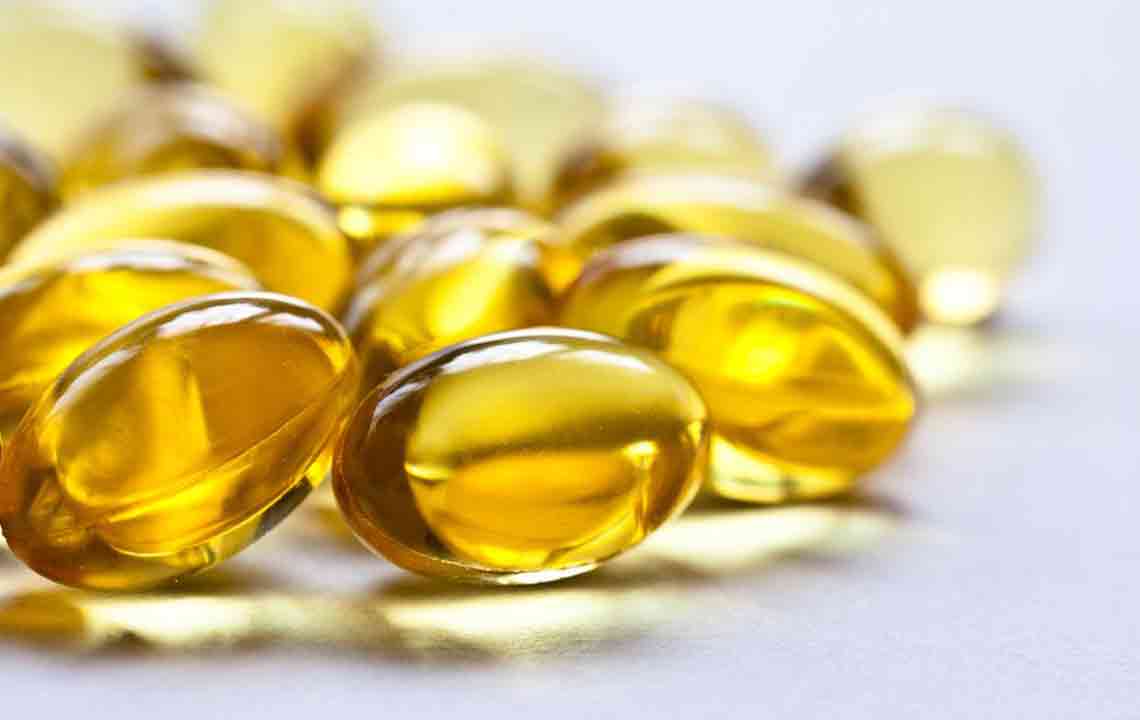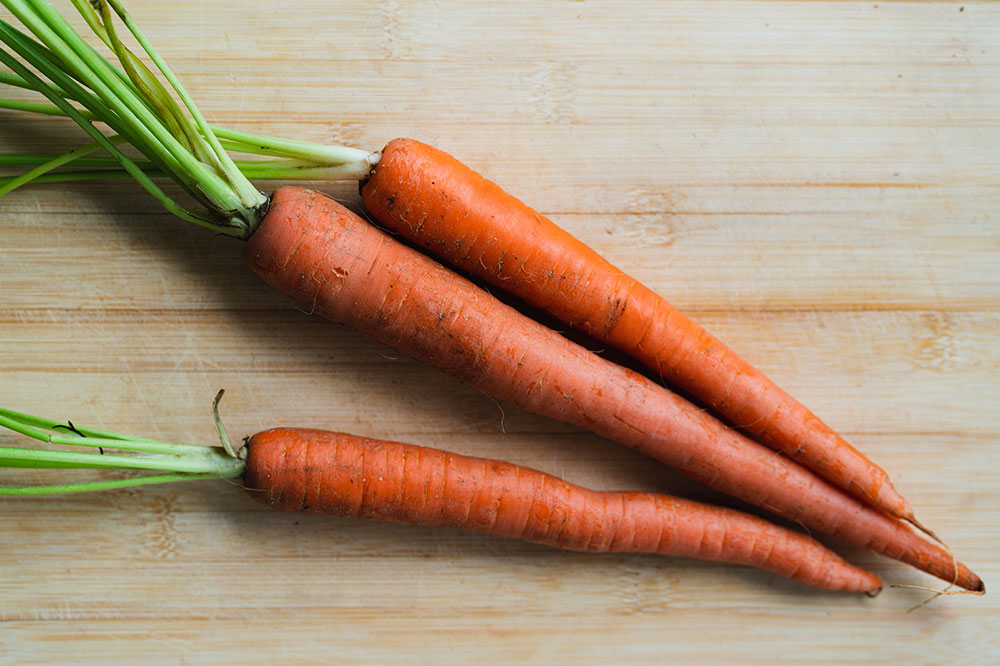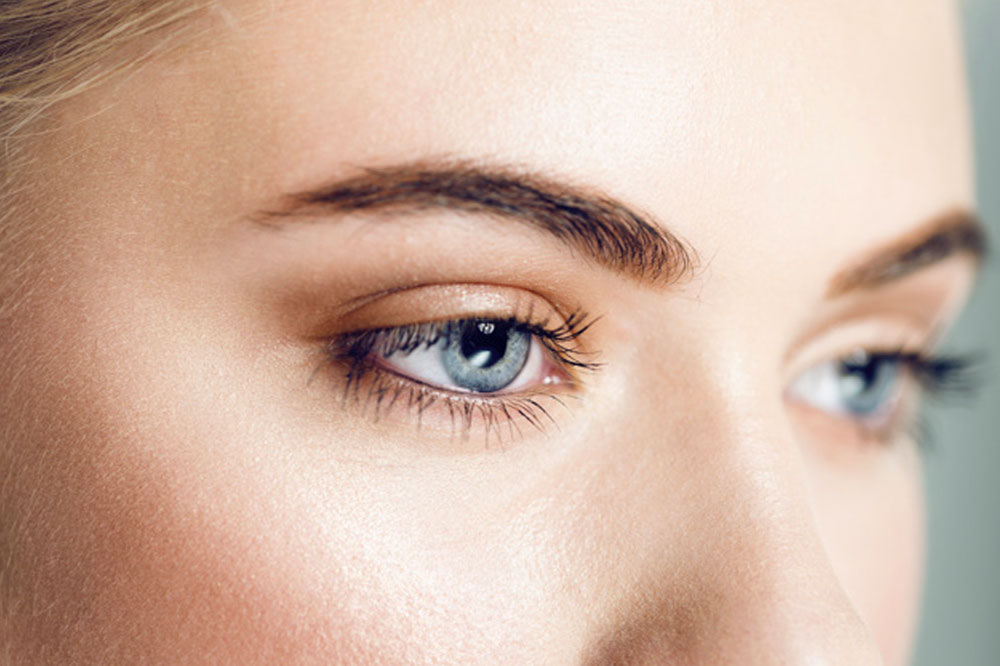Essential Nutrients for Optimal Eye Health and Their Benefits
This article emphasizes the importance of essential nutrients like lutein, zeaxanthin, vitamins C and E, beta-carotene, and zinc in maintaining eye health. It explains how these nutrients protect against age-related eye issues such as cataracts and macular degeneration, and offers practical advice on including these nutrients in your diet. Proper nutrition, along with professional recommendations, can significantly improve and preserve eyesight over time. Discover the key dietary strategies to support your eye health today.

Essential Nutrients for Optimal Eye Health and Their Benefits
Maintaining healthy eyesight becomes increasingly important as we age. While corrective lenses like glasses can aid vision, the most effective way to preserve and enhance eye health is through proper nutrition. A balanced diet rich in specific nutrients can significantly slow down age-related vision decline and protect against common eye conditions like cataracts and macular degeneration. In this comprehensive guide, we will explore the vital nutrients that support eye function, their benefits, and practical ways to incorporate them into your daily diet.
Did you know that your dietary choices can influence the longevity and clarity of your eyesight? Proper nutrition not only sustains overall health but also plays a critical role in preventing vision deterioration associated with aging. By consuming foods packed with antioxidants, vitamins, and minerals, you can help shield your eyes from oxidative stress and damage caused by free radicals.
Why Is Diet Fundamental for Eye Health?
Eating a nutrient-rich diet is crucial for maintaining visual acuity and overall eye wellness. The human body requires certain vitamins and minerals to keep the delicate structures of the eyes functioning optimally. These nutrients support various eye functions, including light sensitivity, image processing, and tissue repair. Without adequate nutrient intake, the risk of developing eye conditions increases dramatically.
Research indicates that poor dietary habits can accelerate age-related ocular degenerations such as cataracts and age-related macular degeneration (AMD). Conversely, consuming foods high in antioxidants and essential nutrients can build resistance against oxidative stress, which damages eye tissues over time. This not only helps preserve sharp vision but also enhances eye comfort and reduces discomfort related to dryness and inflammation.
Key Nutrients Essential for Eye Health
Understanding which nutrients are beneficial for eyesight can guide your dietary choices. Below are some of the most vital nutrients for maintaining healthy eyes:
Lutein – Often dubbed the 'Eye Vitamin,' lutein is a carotenoid that accumulates in the retina, protecting it from oxidative damage. It also contributes to improved visual acuity. Rich sources include dark leafy greens like spinach and kale, as well as eggs, oranges, and citrus fruits. Regular consumption of around six milligrams daily has been shown to lower the risk of macular degeneration by up to 43%.
Zeaxanthin – A close relative of lutein, zeaxanthin plays a crucial role in filtering harmful high-energy light waves and protecting the retina and lens. Found in corn, peppers, and eggs, zeaxanthin enhances visual contrast, reduces glare, and lowers the risk of cataracts and AMD.
Vitamin C – This powerful antioxidant is vital for repairing and maintaining connective tissues in the eyes. It neutralizes free radicals, reducing oxidative stress. Foods rich in vitamin C include citrus fruits, strawberries, bell peppers, and broccoli. Adequate intake supports the health of blood vessels in the eyes and may delay the progression of cataracts.
Vitamin E – Known for its cell-protective properties, vitamin E helps prevent oxidative damage to eye cells. Studies show that taking about 400 IU of vitamin E daily can reduce the progression of advanced macular degeneration by approximately 25%. Nuts, seeds, spinach, and wheat germ are excellent sources.
Vitamin A (Beta-Carotene) – Essential for night vision and the maintenance of corneal health, vitamin A prevents dryness, inflammation, and infections. Carrots, sweet potatoes, and pumpkin are rich in beta-carotene, which the body converts into vitamin A. Adequate vitamin A levels are vital for optimal visual performance in low-light conditions.
Zinc – This mineral plays a vital role in transporting vitamin A from the liver to the retina, where it is used to produce melanin, a protective pigment. Zinc is also involved in immune function and tissue repair within the eye. Good sources include meat, shellfish, nuts, and legumes.
Incorporating these nutrients into your daily diet can profoundly benefit your eye health. If it’s challenging to get sufficient amounts from food alone, consult your healthcare provider about suitable supplements. Especially for individuals experiencing early signs of vision decline or diagnosed with age-related eye conditions, targeted supplementation can boost the effectiveness of your nutritional strategy.
In summary, a comprehensive approach combining nutrient-rich foods and professional guidance can help you maintain clear, healthy vision well into older age. Prioritize your eye health today by making informed dietary choices that support long-term visual wellness.





